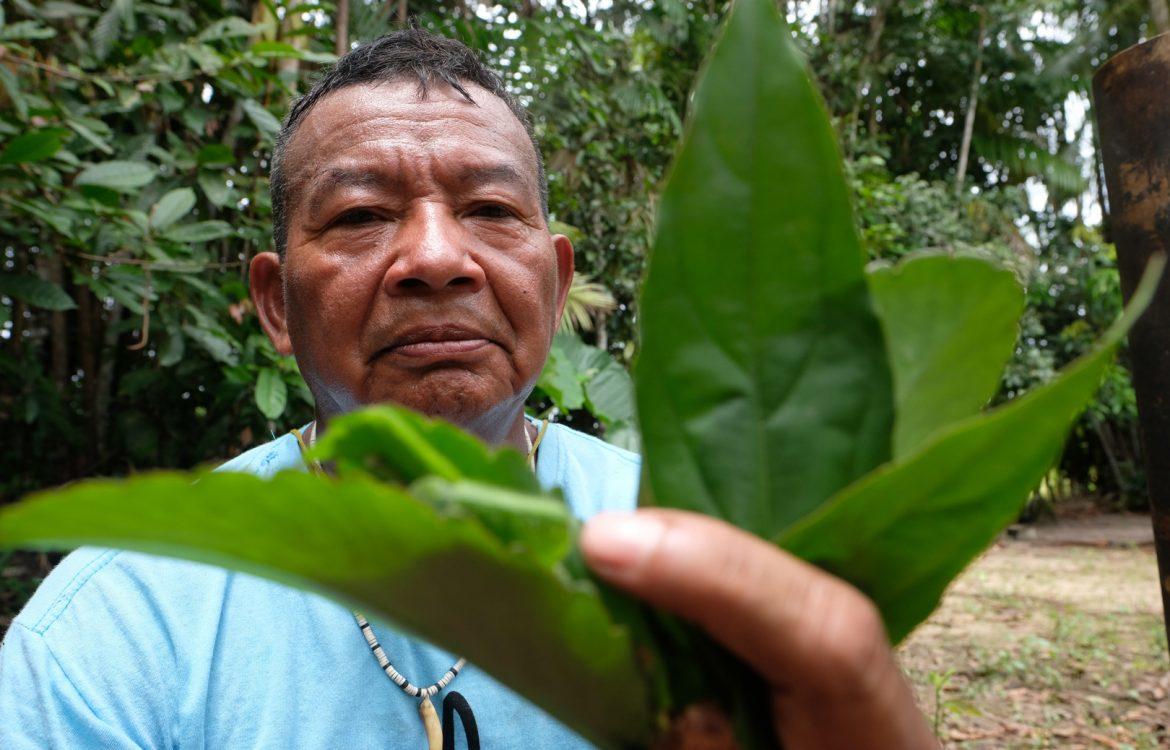How Indigenous Knowledge Can Reshape Conservation

To safeguard the Amazon and avoid planetary environmental catastrophe, Western science must engage Indigenous knowledge, combining science–based conservation approaches with the restoration and biocultural diversity practices of Indigenous peoples. So argue the authors of “Indigenizing Conservation Science for a Sustainable Amazon,” published December 12th in the journal Science.
The article is the outcome of an unprecedented dialogue between Indigenous Amazonian scientists of the Tuyuka, Tukano, Bará, Baniwa, and Sateré-Mawé peoples and non-Indigenous scientists, made possible by support from Princeton University. Led by Principal Investigators João Biehl, Agustin Fuentes, and Marina Hirota, it is the fruit of two years of work, sponsored by the Princeton University Office of the Dean of Research and the High Meadows Environmental Institute, in collaboration with initiatives by the Brazilian Serrapilheira Institute and the Federal University of Santa Catarina.
“Scientists around the world are beginning to recognize that Indigenous and Western knowledge systems can work together to tackle the devastation of the environment, but the anthropocentric and utilitarian view of nature still prevails in the world of science,” said João Biehl, the Susan Dod Brown Professor and Chair of Anthropology at Princeton and Director of the Brazil Lab at the Princeton Institute for International and Regional Studies. “Even though conservation actions promote the intrinsic value of biodiversity, they do not usually take into account pre-existing practices and historical relationships between humans and other species, as in the Indigenous conception of nature.”
